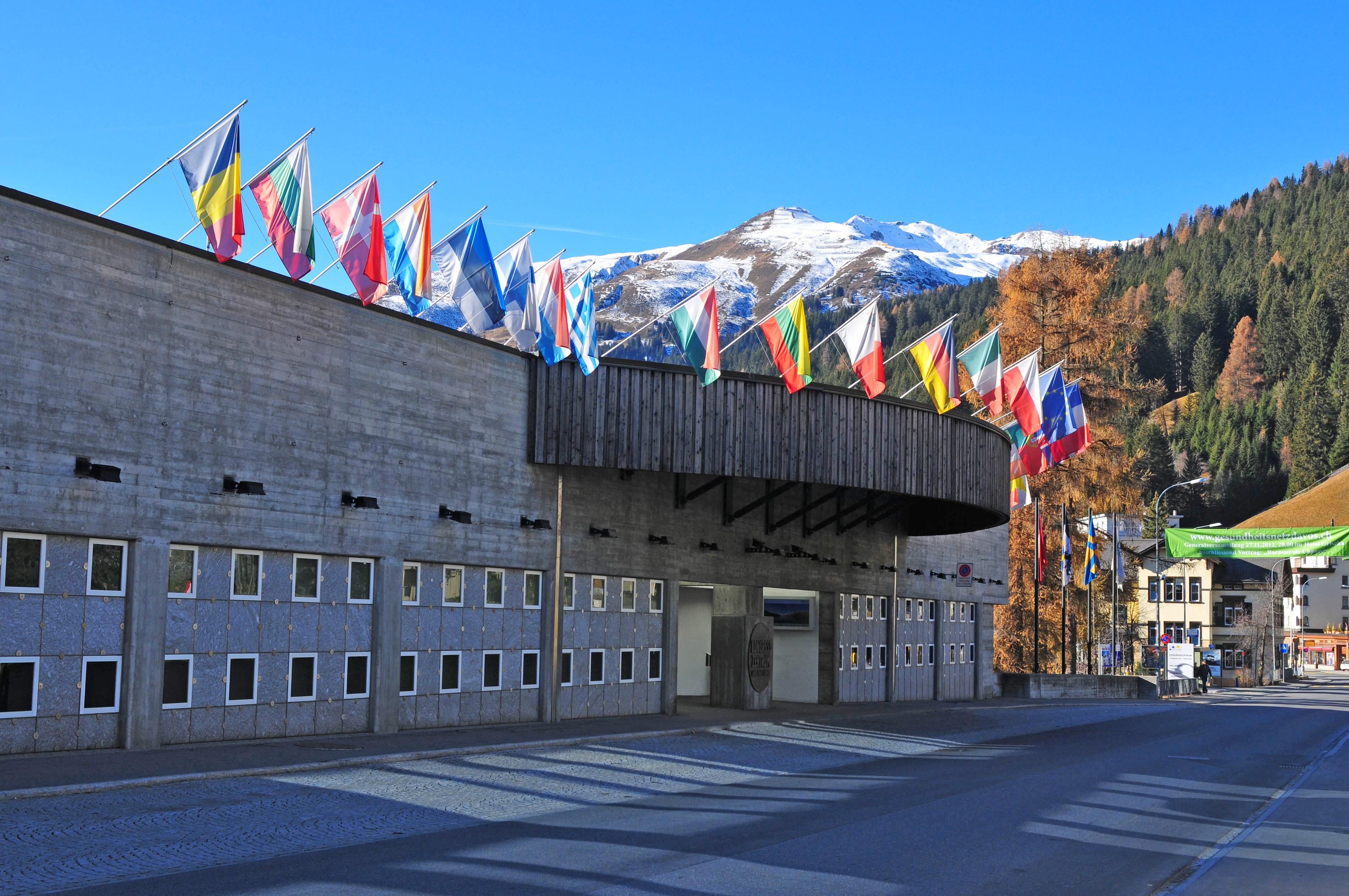
The annual World Economic Forum (WEF) returned to Davos, Switzerland for its first winter meeting since 2020, with more than 600 CEOs and 50 heads of state in attendance.
Whereas recent summits have focused on how to tackle the shocks that have hit the world economy, the debate this year moved back to focus more on business as usual.
China is open again
China’s vice premier Liu He declared his country open to the world and said it welcomed foreign investment following three years of zero-Covid isolation.
His speech to the WEF annual meeting mentioned “strengthening international cooperation” and “maintaining world peace” 11 times, reports Reuters.
Liu also met with senior US officials, despite relations becoming more tense over issues such as technology and Taiwan.
European Commission president Ursula von der Leyen said Europe must seek to work and trade with China, rather than decouple from it.
India rising
Meanwhile, there was a large delegation from India, which was out in force at Davos making the case for investment in the world’s fifth largest economy, reports CNN.
In 2023 the World Bank is estimating growth of 6.6% for India, compared to just 0.5% for the US and 4.3% for China.
If it can maintain its momentum, India will overtake Germany as the world’s fourth largest economy in 2026, knock Japan from the number three spot in 2032 and become only the third country with GDP worth $10 trillion by 2035, according to analysis by the Centre for Economics and Business Research.
Recession update
Global leaders admitted that 2023 will see a downturn but looked on the upside that it would not be as bad previously anticipated, reports the Washington Post.
At the last conference in May, many companies scaled back their attendance, cutting budgets and attendee lists. This year, they were all back — with rosier outlooks, despite ongoing geopolitical and economic uncertainties.
Economists pointed to the recent slowdown in inflation, a strong job market and continuing consumer spending as signs that the US economy may hold up better than feared.
Trade skirmishes
US president Joe Biden’s new Inflation Reduction Act to boost the domestic green economy with £300bn of subsidies for the purchase of electric cars and other goods is leading to a face-off with the EU, reports the BBC.
Companies only benefit if goods are mainly manufactured in north America.
The US claims the new legislation is aimed at competing with China, but EU leaders are furious and could respond with their own ‘Buy European’ policies.
Separately, director general of the WTO Ngozi Okonjo-Iweala, issued warnings against ‘friend sharing’ in trade arrangements, calling for countries to include Latin America and Africa as well as Asia in their plans.
Not the hottest ticket
Despite the numbers of big hitters touted, Davos’ reputation as the ‘place to be’ is declining, claims Sky News, pointing to the absence of Biden, UK prime minister Rishi Sunak, and French leader Emmanuel Macron.
This could be because the world Davos thrived in is disintegrating, with conflict in Ukraine possibly just an early sign of a move towards a world war.
Relations between China and the West are at a new low point. Countries around the globe are re-engineering their supply chains, and the era of untrammelled globalisation seems to be ending, is its gloomy prognosis.
Greta and Keir turn down fossil fuels
Activist Greta Thunberg called on the global energy industry and its financiers to end all fossil fuel investments, reports Reuters.
During a round-table discussion, she and three of her fellow activists said they had presented a “cease and desist” letter to CEOs calling for a stop to new oil, gas and coal extraction.
In the absence of Sunak, Labour leader Sir Keir Starmer and shadow chancellor Rachel Reeves tried to convince the business world that the opposition party has “a serious plan for growth which it has been missing for a decade or more”, according to the Guardian.
Starmer outlined a shift towards a net zero economy for the UK and said there would be no new investment in oil and gas fields in Britain under Labour, reports Reuters.
“Obviously it will play its part during that transition but not new investment, not new fields up in the North Sea, because we need to go towards net zero, we need to ensure that renewable energy is where we go next,” he said.

